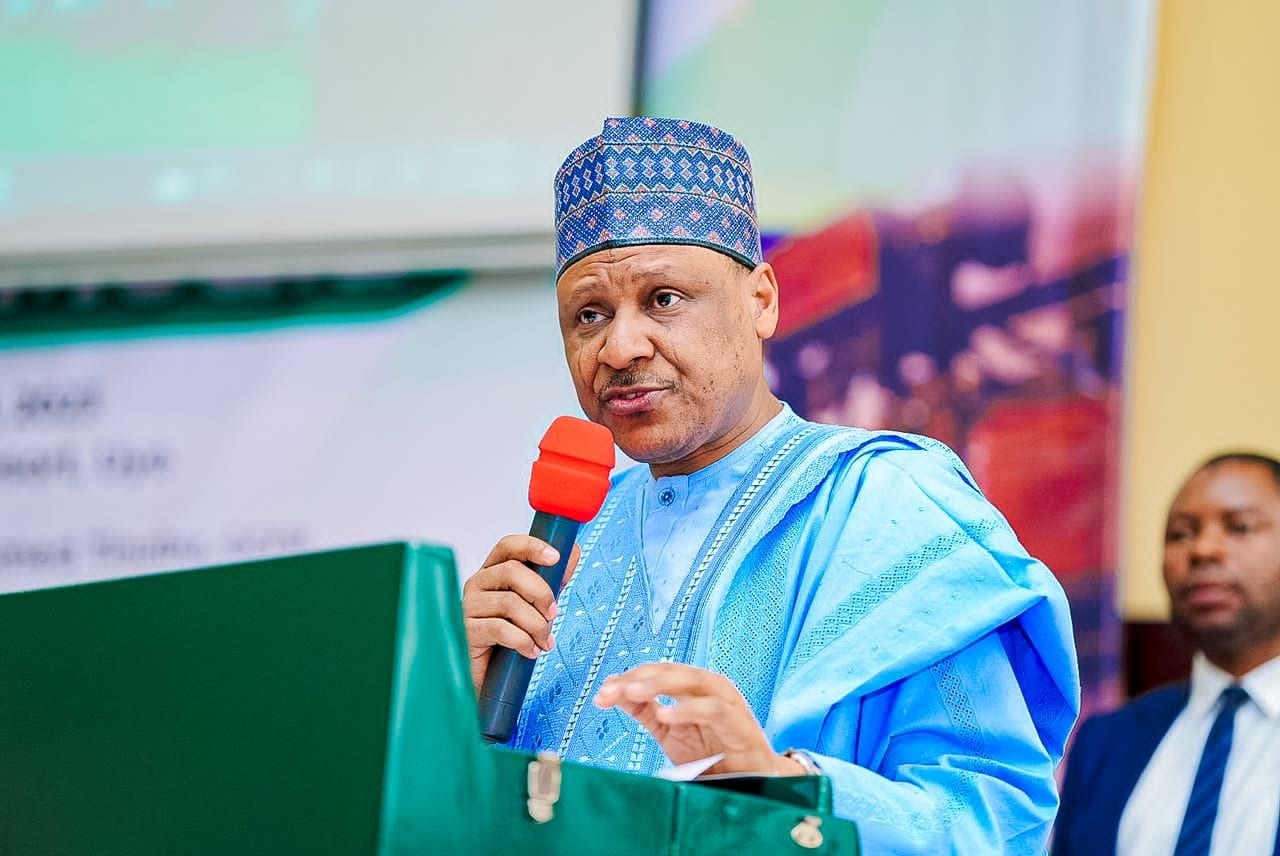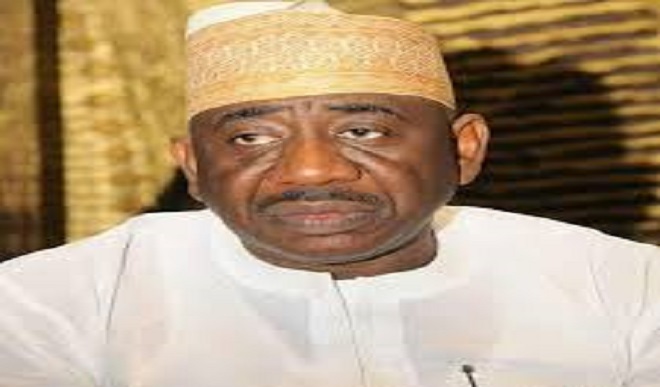Dr. Innocent Barikor
From Idu Jude, Abuja
The Director General of the National Environmental Standards and Regulations Agency (NESREA), Dr. Innocent Barikor, has reaffirmed his commitment to pursue the amendment of the 19-year-old Establishment Act as well as create new regulations for international best practices.
The DG, who made this known on Wednesday in Abuja during a press conference, revealed that the agency will soon unbundle state liaison offices due to a paucity of funds while collaborating with the National Orientation Agency (NOA) to help carry out its sensitisation activities.
Speaking further, the DG reiterated the agency’s firm intention to weed out recalcitrant facilities that indulge in criminal activities affecting human existence, stressing that it is currently prosecuting over 96 facilities sealed off nationwide.
He said that NESREA’s ultimate goal as an agency is to achieve a culture of voluntary compliance for the regulated communities.
“In 2024, the agency sealed off 96 recalcitrant facilities across different states of the nation and the FCT for various environmental infractions. NESREA will continue to do that as long as such facilities fail to live up to expectations.”
Additionally, the DG said that the agency will sooner rather than later make public the names of new defaulting facilities that broke the seals placed by the NESREA enforcement team. Such facilities, he revealed, were in Katsina and Abuja and will soon be penalised accordingly.
On the battery sector, he said that the agency made landmark progress on unregulated products by developing and gazetting, with the support of some development partners—especially the German government—the National Battery Sector Control Regulations 2024. “This sector, as I have told you, regulates the activities of used batteries and all environmental issues associated with it. It also performs the duty of ensuring that the recycling of the products contributes hugely to the development of a circular economy. NESREA has, over the years, promoted the implementation of a circular economy in the country through the Extended Producers Responsibility Programme.”
Dr. Barikor noted that implementation has already commenced in the food and beverage sectors as well as the electrical and electronics sectors. “Batteries, used tyres, and soon the plastic waste sector will be added. This is because an unregulated environment bears the consequences of a lack of regulations. We all know that the era of batteries will soon come to an end as electric vehicles are making their way into the markets. The question is, what happens to the used and dumped products? What happens to used tyres? What happens to the used plastics?”
He said that the agency, in partnership with the European Union, carried out a series of sensitisation and capacity-building workshops, including for the judiciary, media, and construction sector, as a first step towards sensitisation.
“As an agency, the continuous development of our staff is a priority because we know this cascades into efficiency and productivity. We are trying to achieve this in partnership with our independent partners, such as the United Nations Office on Drugs and Crime, the Environmental Investigation Agency (EIA), Africa Nature Investors, the EU, USAID, the Centre for Environment India, and several others to train our staff in different areas of need.”
Part of the regulations made by NESREA, according to the DG, includes wildlife conservation, with the arrest and confiscation of over 2.5 tonnes of ivory and 3,941.08 kilograms of pangolin scales. These were authorised as residue used in making a six-foot elephant, signifying Nigeria’s zero tolerance for wildlife trafficking.
Meanwhile, Dr. Barikor has said that the year 2025 will see more regulations being created to help regulate the activities of the agency to enviable heights. These include the decarbonisation of facilities as well as the decommissioning of government moribund facilities.




 4 days ago
9
4 days ago
9







 English (US) ·
English (US) ·